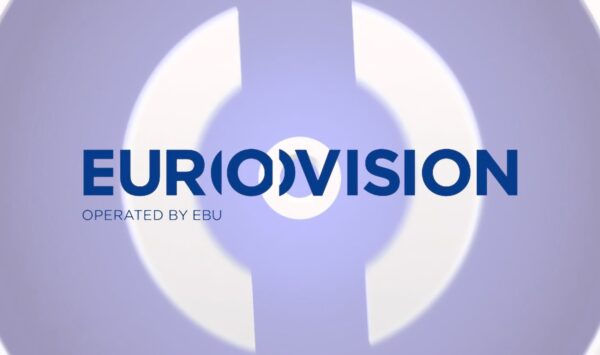A few days after the official announcement of the host city and the dates of the 63rd Eurovision Song Contest, the European Broadcasting Union (EBU) has already begun the process in which to inform the national broadcasters about the forthcoming changes and restrictions in the contest’s rules.
Undoubtedly, the 2017 Eurovision Song Contest in Kyiv saw a number of undesirable incidents, many of which almost saw the potential movement of the event outside of the host country of Ukraine. This has now led to some changes and adaptions being made to the rules of the forthcoming Eurovision Song Contest events.
These rule-modifications were approved during the previous meeting of the Reference Group in Geneva in June. Yesterday, the German national broadcaster ARD made a small part of the EBU information file public which was sent to the national broadcasters. The file talks about various issues which are going to be outlined below.
Eurovision Song Contest and politics
The EBU makes it clear once more that the Eurovision Song Contest is a non-political event and that means that any form of political propaganda during the event or any political content included in the songs are prohibited.
As well as this, the host broadcaster will be also responsible to ensure that any kind of promotion to companies, brands, products and services will not occur through the whole event.
Artist selection criteria
The most unpleasant issue that occurred in this year’s Eurovision was the ban of the Russian representative from entering the host country by the Ukrainian authorities. After Julia Samoylova had entered Crimea via Russia back in 2015 illegally according to Ukrainian law, her arrival in Ukraine was prohibited for 2 years.
Following this overwhelming case and the final withdrawal of Russia from the 2017 Eurovision, the EBU requests from 2018 onwards that the delegations are not to be composed of people under any restrictions on entering the corresponding host country.
Particularly, the information file says:
Neither selected artist nor any member of the delegation shall have any antecedents likely to prompt the host country’s national authorities to deny them access to the host country, in accordance with applicable national law.
Independence of juries
When it comes to the national juries, the EBU also makes an extended reference to the criteria that should be used by the national broadcasters before choosing the jury members.
Each jury member must not be related with the participating songs or artists in any way that could affect the final outcome. Their votes have to be the result of their judgment, based on their experience and professional skills.
Furthermore, each national broadcaster has to ensure that the jury members do not reveal any of their preferences and voting intentions before the voting process, neither to share information with the rest of the jury members.
Keeping timetables
Following this year’s incidents in Kyiv, the EBU is set to be more strict when it comes to the host broadcaster and their compliance with the agreed timetables, to ensure the proper flow with the preparations and the hosting of the competition.
In the case of possible non-compliance from the broadcaster, the EBU will have the right to break the host broadcaster agreement and request another broadcaster to host the event.
Another duty of the host broadcaster will be to ensure that all participating artists are able to perform live on stage and, of course, to ensure the non-political character of the Eurovision event.




